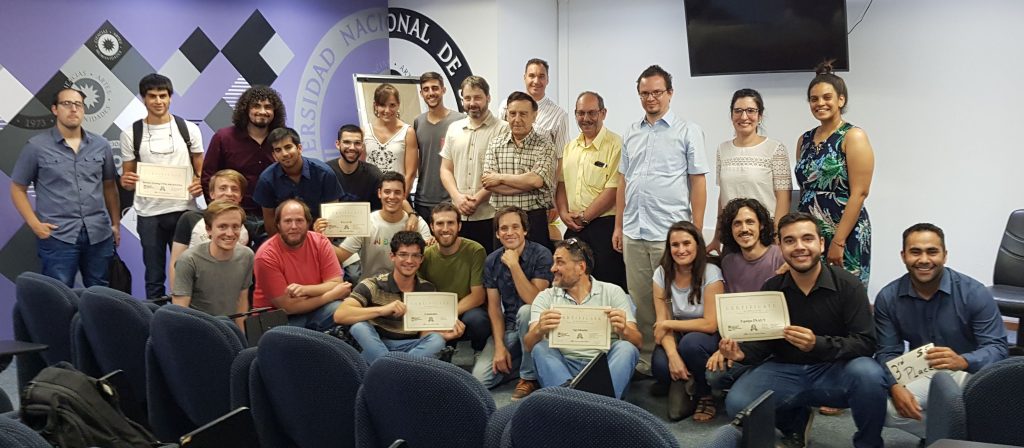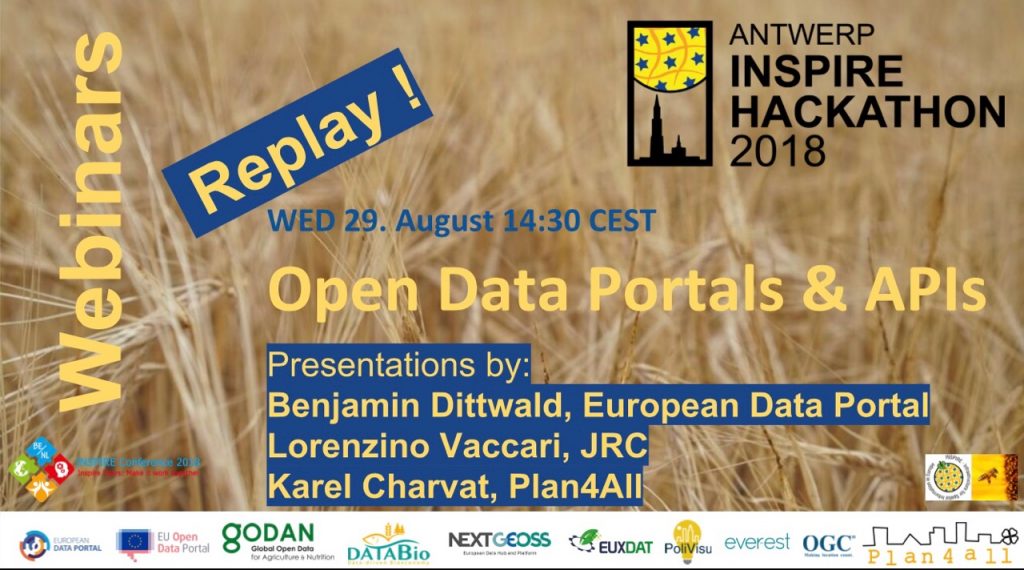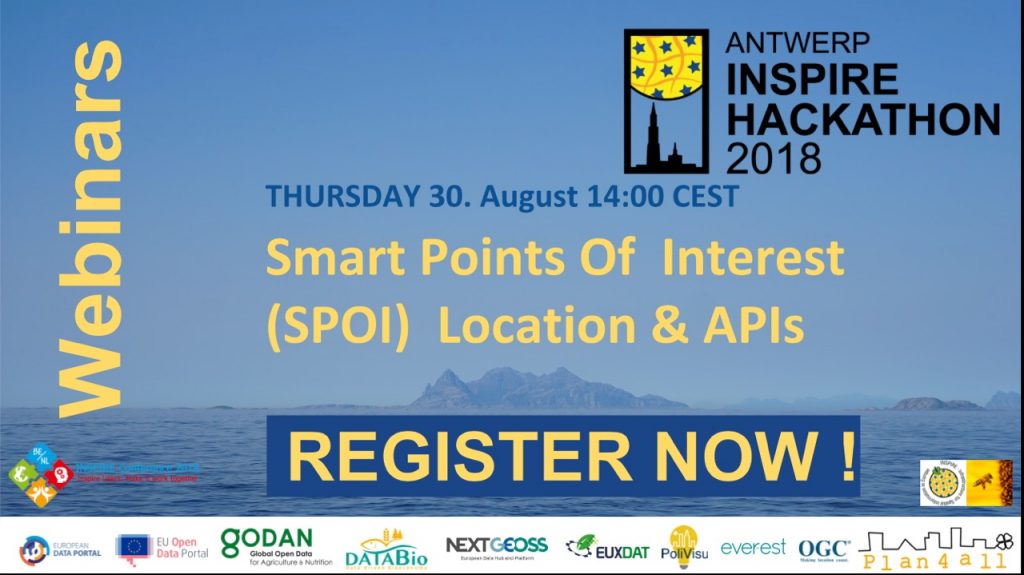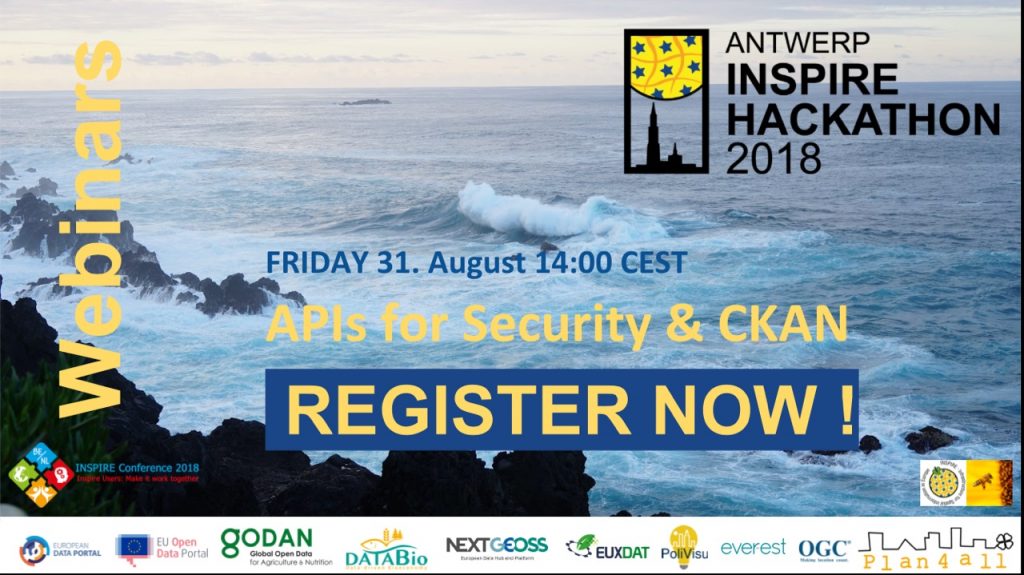Join us in driving innovation for sustainable agricultural nutrient management!
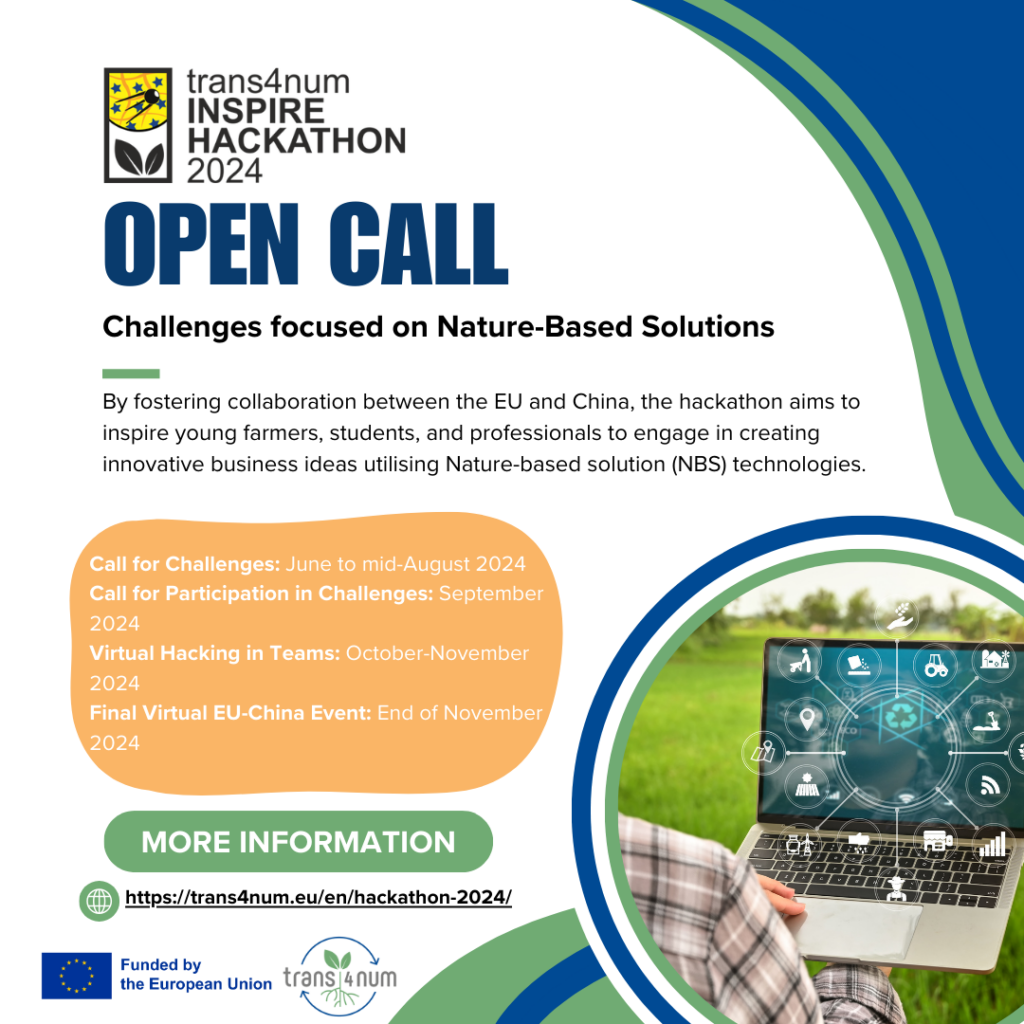
We are exited to announce that the call for challenges for the trans4num INSPIRE
Hackathon 2024 is now open!
We are looking for innovative challenge ideas focused on Nature-Based Solutions (NBS) for sustainable agriculture and land management!
By fostering collaboration between the EU and China, the hackathon aims to inspire young farmers, students, and professionals to engage in creating innovative business ideas utilising NBS technologies.
This aligns with the broader ambition of trans4num to enhance NBS implementation through a multi-level approach involving academic partners, practice partners, and societal stakeholders.
This is a unique opportunity to contribute to the development of impactful solutions, work
with like-minded individuals from around the world, and benefit from the knowledge and
experience of seasoned mentors.
Don’t miss the chance to be part of this transformative event – submit your challenge today at https://trans4num.eu/en/hackathon-2024/submit-challenge/.
More details about the hackathon: https://trans4num.eu/en/hackathon-2024/

